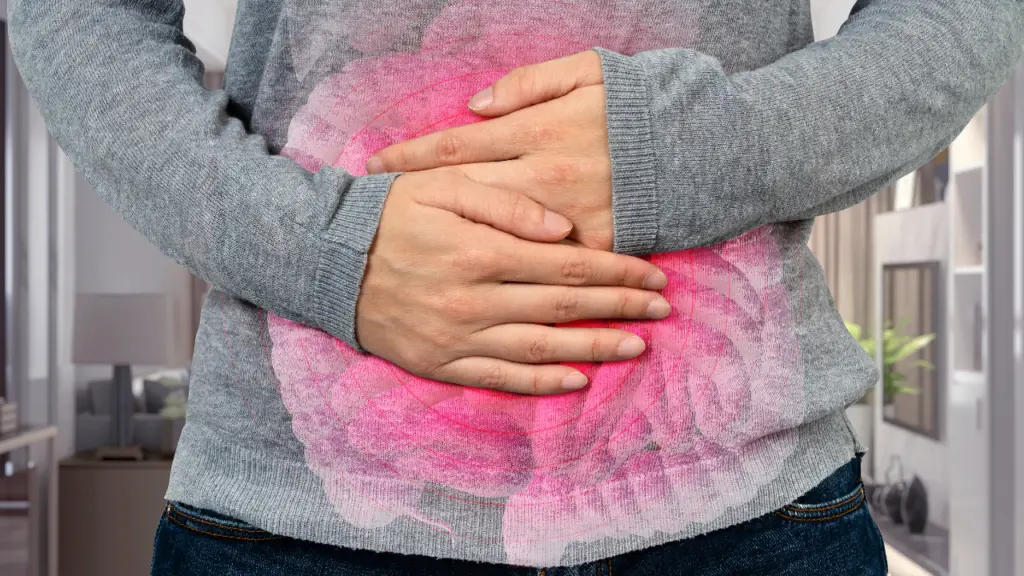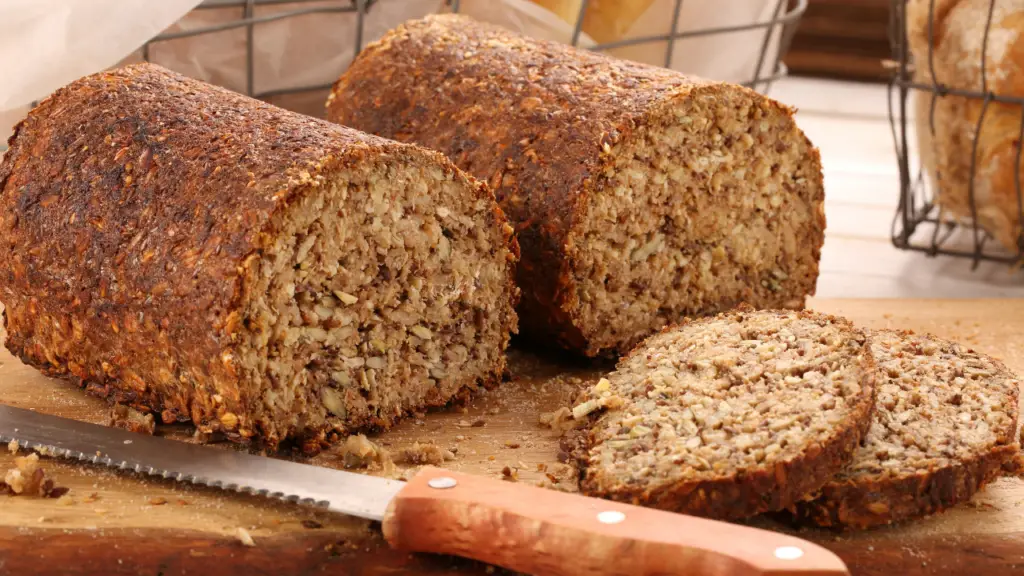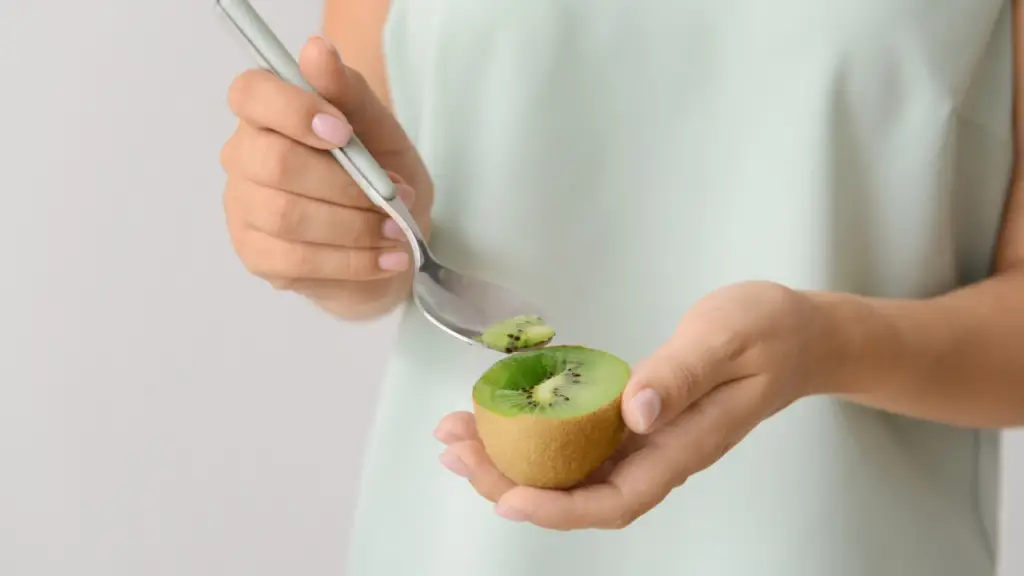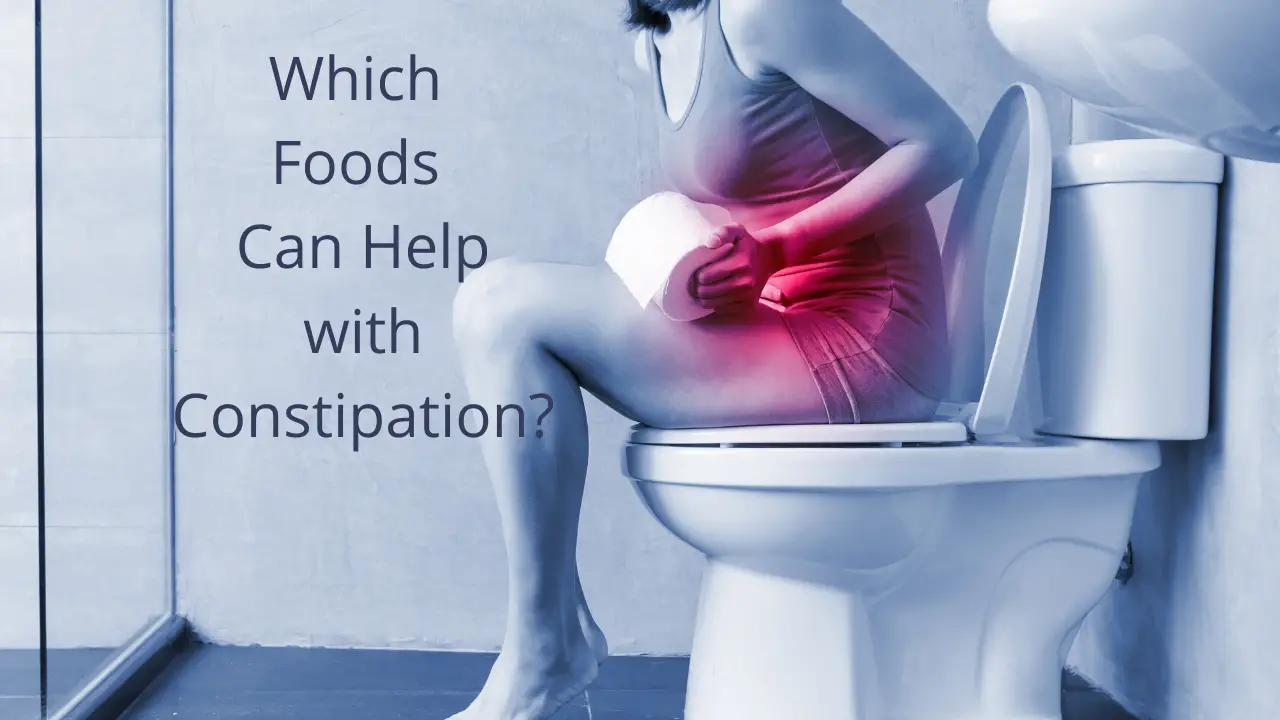Constipation can cause a hindrance in your daily life, or should we say bathroom routine. When nothing else is making your stools come quicker, a diet change may help.
Believe it or not, a few tweaks in your daily diet can work wonders. Here's what you need to know about relieving constipation with foods:
Some Basics About Constipation
Are you having some difficulty pooping because it's too dry or hard? Or maybe after spending a reasonable amount of time in the bathroom, you feel like you need to go again? Well, you just diagnosed yourself with constipation.
What is constipation anyway? It's a gastrointestinal disorder in which the patient cannot empty their bowels effectively and efficiently.

Before we jump to our main discussion, let's talk a bit about the hows and whys of constipation. When the food you eat moves down the digestive tract, it gets broken down into simpler forms for absorption. All the essential nutrients are extracted and secured from being excreted by the small intestinal cells.
But after the food passes through the small intestine and enters the large intestine, all the digestion and absorption stops. The contents that enter the large intestine are called waste which your body needs to expel.
Constipation occurs when someone is not able to excrete the waste and empty their large intestine. Here are several reasons that lead to the onset of constipation:
Increased water reabsorption:
When the stool passes through the large intestine, the intestinal cells reabsorb some water. Under abnormal conditions, these cells suck more water than they should. As a result, the feces left behind becomes too lumpy and dry, and the patient cannot easily push it out of the body.
Obstruction of the large intestine:
The movement of waste products in your large intestine is already pretty slow. Imagine the consequences if your large intestine gets obstructed at a point and prevents regular bowel movements. This obstruction can be due to any underlying reason, but whatever the cause, it elicits the same response; constipation.
Damped muscle contractions:
The fecal particles in your bowel themselves do not move. They need a driving force to propel them through the large intestine and out of the body through the anus. There are muscles all along the way that provide this driving force. If anything dampens the strength of the contractions of these muscles, it will lead to constipation.
Foods to Add to Your Diet to Help Relieve Constipation
Constipation can be very inconvenient. But, on the bright side, getting rid of constipation and alleviating your symptoms isn't that hard. The foods you eat make a direct impact on what goes on inside your body.
Some foods have a more remarkable ability to help relieve constipation. It's because these foods are packed with nutrients, especially fiber, that makes passing stools easier. More fiber means less constipation.
So, when you're suffering from constipation, incorporate these foods into your diet when you're sick:
Apples:
Now it is being said, an apple a day keeps “constipation” away. Apples have an adequate amount of healthy fiber in them. Some scientists even calculated the total amount, roughly estimating almost 20 percent of the daily recommended fiber intake.

And to top it off, it's not just ordinary fiber that's stored in apples. There's a fiber called pectin responsible for drawing water into the stool and, thereby, softening it. As a result, the waste products travel in the large intestine, and the body excretes them out quite quickly.
You don't have to stick to an ordinary apple. You can try apple juice or applesauce, as these also contain pectin.
Whole grain bread:
The next best thing for getting rid of constipation is whole grain bread, which is also rich in healthy fiber. Research has shown that whole grain bread is ahead of laxatives and regular bread at alleviating the symptoms of constipation.

It adds weight to your stool and increases its speed in the large intestine to facilitate its excretion. But, make sure you do buy the whole grain one and not the multi-grain or seven-grain options.
Choose healthful loaves of bread without added sugars, oils, or other unneeded ingredients. Or, go for the variations that also contain seeds and nuts.
Beans:
Most of the items included in this list effectively treat constipation due to their high-fiber content. But beans contain more fiber than almost all the foods that are listed here.
On average, a single cup of beans has about 10 grams of fiber. And the variety of dishes that you can make with the help of beans is so great.

Add black beans to your salad and enjoy a tasty breakfast. If you're suffering from constipation due to IBS, you should avoid beans as they are a high FODMAP diet.
Kiwi:
Kiwis are a must for constipation relief. They have abundant vitamins, nutrients, and enzymes that significantly help digestion, especially in the upper part of our gut. The 2-3 grams of fiber in almost a hundred grams of kiwis is responsible for increased bowel movements.

As a result, the patient finds a lot of relief while passing their stool. Kiwi has edible seeds and peel, but you can stick to just eating the flesh if you're not a fan. Or, make them a part of your smoothie or fruit salad, and enjoy their delicious taste.
Prunes:
Our ancestors have been using prunes for years to treat constipation effectively. So, there's no doubt that prunes increase the movement and speed of stool in the large bowel. They contain a natural laxative called sorbitol and ample dietary fiber that helps them perform this function.

Some researchers conducted a study at the University of Iowa to determine the efficacy of prunes. Researchers gave half of the constipation patients prunes while the rest were fed psyllium. Eventually, those who were eating prunes had better bowel movements than those who were given psyllium alone.
You can choose a mouth-watering mug of prune juice and also boost your vitamin C and iron intake. On the other hand, if you decide to eat prunes themselves, always check the ingredients. Some have more than just the delicious fruit you are after and contain highly processed seed oils.
Citrus fruits:
Each citrus fruit contributes on its own to aid bowel movements and help with constipation. For instance, the high skin-to-flesh ratio of grapes makes them a great source of fiber.
Additionally, the abundant water also helps make the stool watery and less lumpy. Each citrus fruit has a molecule called naringenin which, along with pectin, makes passing a stool significantly easier.

So, make sure you include citrus fruits in your dietary plans to increase the volume of your hard, dry stool. There's so much variety with citrus fruits that you can have a different fruit with each meal of the day.
Broccoli:
All the greens are a green light during constipation. But broccoli deserves a special mention. It not only contains large amounts of fiber and folate, but it also contains lesser quantities of calories.

Another individual characteristic of broccoli is that it protects the gut and also helps with normal digestion. Broccoli should be eaten raw for full benefits. If you cook it, you'll decrease the fiber content. But even still, if you aren't a fan of eating it raw, try baking, steaming, or broiling them with olive oil, pepper, and salt for a delicious meal.
Kefir:
Kefir, which means “pleasant taste” in Turkish, also has a pleasant effect on a person's gut health. Along with yogurt, kefir contains several bacteria and yeast that help both our digestive and excretory systems.

Although you should avoid some dairy products during constipation, these two have proven to increase the motility of waste. According to research, eating yogurt and kefir each morning increases bowel movements, decreasing the time waste takes for excretion.
And then, several studies were conducted, with each having the same result and proving the same point. Use kefir to make creamy dressings instead of buttermilk and sour cream, or make it a part of your daily morning smoothie.
Pears and plums:
Pears and plums, just like apples, have abundant fiber, especially pectin, and also contain sorbitol. Your body cannot digest and absorb these dietary elements in the digestive system.
As a result, these increase the transport of water into the stool and improve its watery content. And once your stool has the water added, you'll have no difficulty in passing it. Pears also contain fructose, which some people are unable to digest and absorb.

In such patients, fructose also plays the same role or bringing water via osmosis. Although dry plums, or prunes, have excellent bowel regulating properties, fresh plums are equally essential and contribute their fair share.
Berries:
Take your pick; blueberries, raspberries, blackberries, or strawberries. Each has enough fiber to help you with your constipation. Raspberries and blackberries have almost 8 grams of fiber per cup, while strawberries also offer 3 grams.

Moreover, since they contain fewer calories, you can even eat a whole bowl without significant calorie intake. Or, instead of eating a big bowl, you could add them to your custard. Or better yet, make them a part of your breakfast crepes. Some people even tried out adding berries into their salsa and loved the final product.
Final Words
Before switching to medications or supplements for constipation, try foods first. Chances are, your constipation will get better without the need to ingest unnecessary meds.
If it doesn't help, seek medical assistance. There is possibly an underlying condition that's causing havoc in your body.






